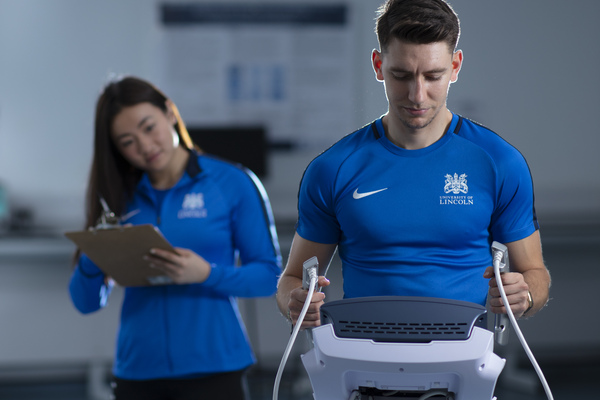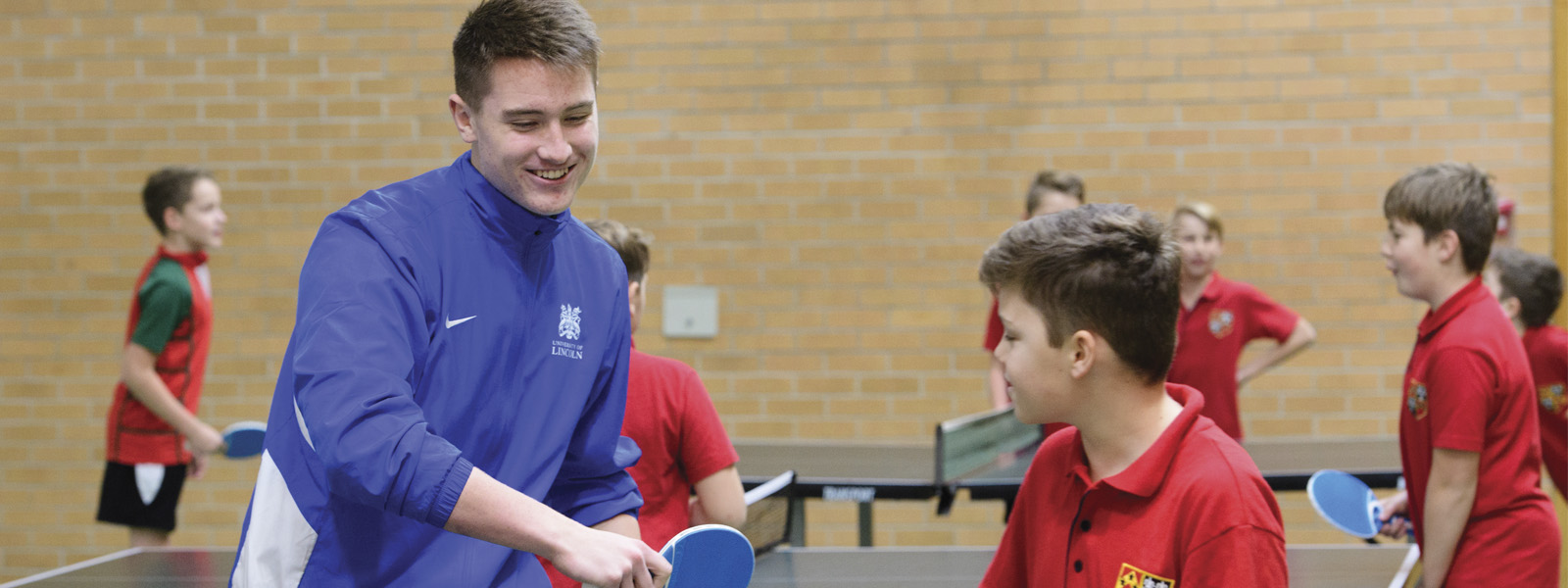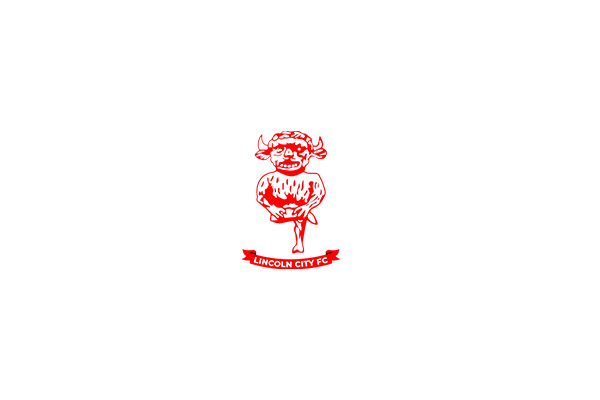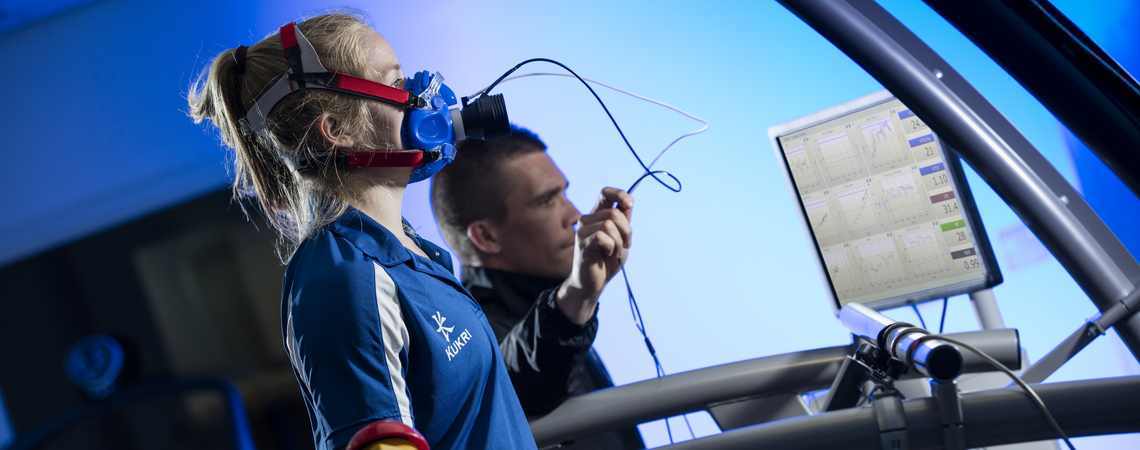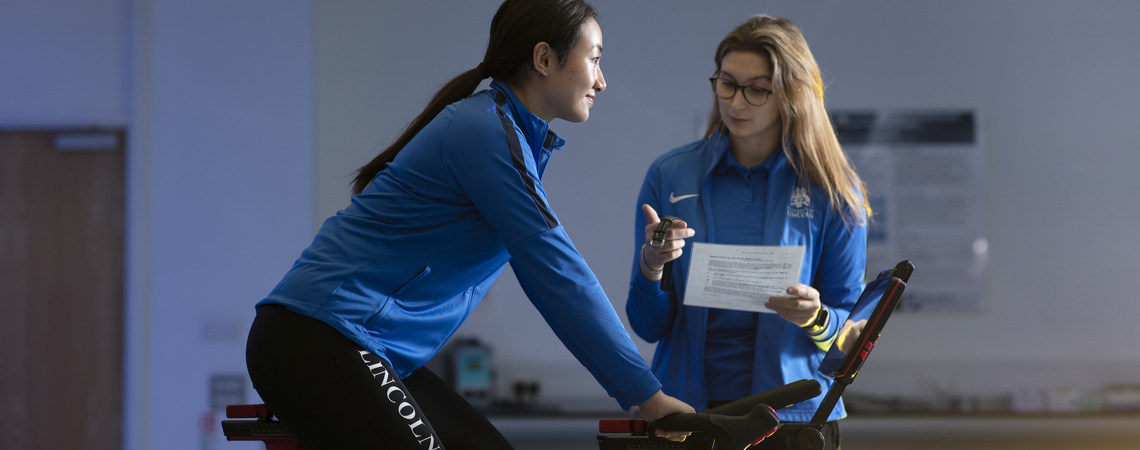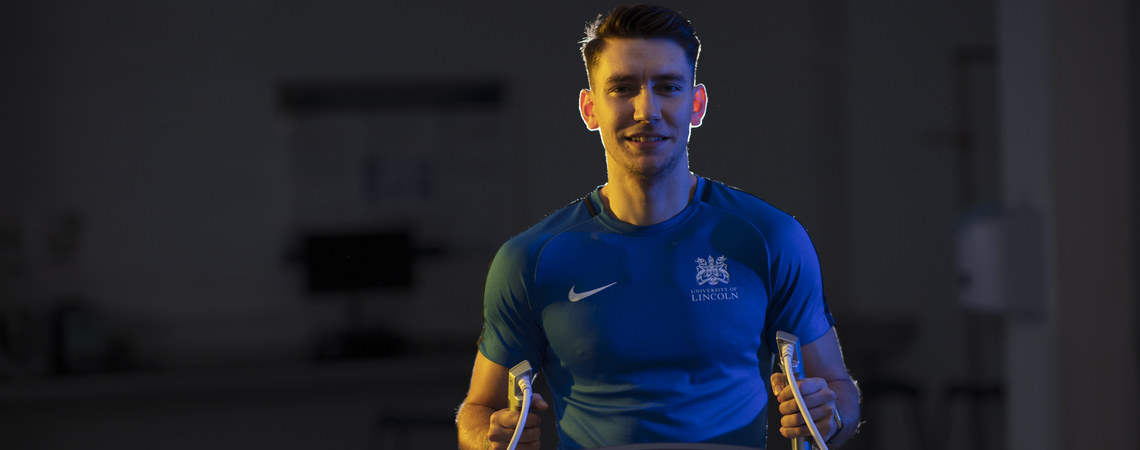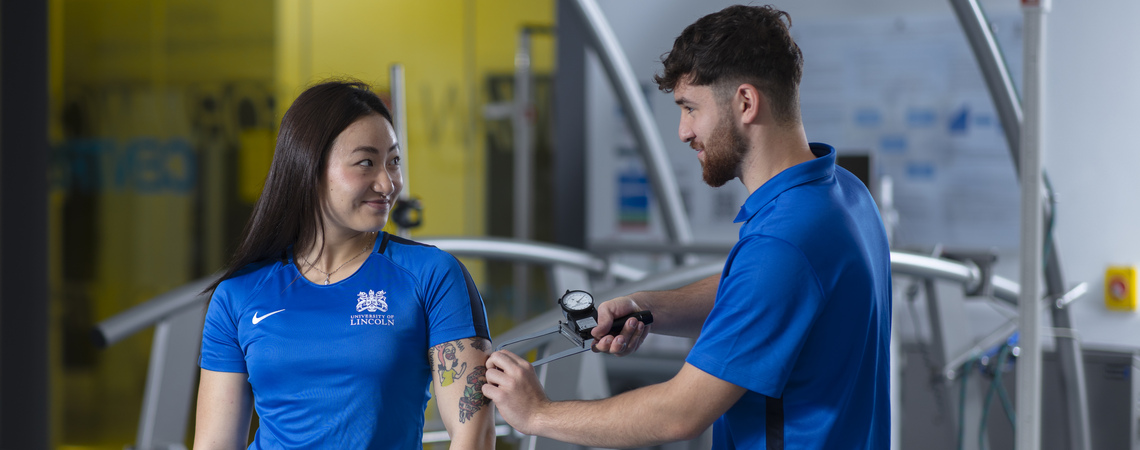Module Overview
This module aims to build directly on the key concepts delivered at level 4 through the Research Methods 1st year module. Advancing an understanding of research enquiry and the application of ethical research practice, the module aims to introduce a wide range of methodologies applicable to exercise, physical activity, health and sport performance research. Enabling independent research activities, the development of analytical skills should be evolved through applied evidence-based practice.
Module Overview
This module aims to develop the student’s knowledge of pedagogical concepts, which were first experienced at level one in Fundamentals of Teaching and Coaching, and to continue to develop the key pillars of coaching through the application of the spiral curriculum. Within this module students are expected to consider the wider context in which teaching and coaching takes place.
Module Overview
This module aims to address why an understanding of core fitness components is essential for the coach in practice, investigates key training principles and how these can be integrated into coaching session plans, and seeks to explore applied testing and training approaches to evaluate individual and group performance ability. Each of these aspects can be considered in the context of coaching experience, practice and application.
Module Overview
This optional module provides an opportunity for students to build on knowledge gained at level one within the Foundations in Sport and Exercise Science module. Students can develop their understanding of the theory underpinning the subject, as well as field-based performance analysis strategies and their application to assessment of practical sport.
Module Overview
This introductory health module is designed to enable students to develop their knowledge of the positive role of ‘physical activity’ in society. A major emphasis will be placed on identifying the key factors involved in determining health status; addressing the link between sedentary behaviour and health.
Module Overview
This module aims to build on the knowledge and concepts developed within the level one module Sport Development Environment and enable students to advance their understanding of the central strategies and policies in sport development, physical education and school sport.
The central aim of this module is to allow students the opportunity to develop their knowledge and understanding of major sport policies and strategies and to explore sport provision at a local level, in order to think analytically about the policy process and the complexities associated with policy implementation.
Module Overview
The module is designed to encourage students to learn about the concept of project management and to understand how it relates to sport. The Lincolnshire Event Safety Partnership guidance will be used within this module to provide students with an opportunity to develop realistic and local knowledge about project management within a contemporary setting.
Module Overview
This module aims to introduce and develop knowledge of key concepts and theories that describe and explain the importance of psychology in sport, exercise and physical education settings.
Module Overview
This module aims to provide students with a formal introduction to social theory and its application to the study of sociological problems in sport and PE.
It is intended to build on the level one module, Sociological Issues in Sport and PE, by providing the opportunity to examine a variety of topics in sport from different theoretical perspectives. Students are encouraged to understand that all sociological observations are guided by theory, while also comparing and critiquing the range of approaches to sport introduced in the module. A selection of sociological sporting phenomena will be used to illustrate the importance of theory in guiding any sociological study.
Module Overview
This optional placement year will provide students with the opportunity to practice full-time in a professional sport setting*, with the aim of enhancing the student's practical skills and level of employability. The placement will also provide the student with the opportunity to practically apply the skills and knowledge developed on their prior modules within a 'real-life' sport and exercise science and/or strength and conditioning context. Due to the nature of placement it will be of particular relevance to those students targeting a career in the applied support of professional athletes.
*Only a limited number of placements are available
